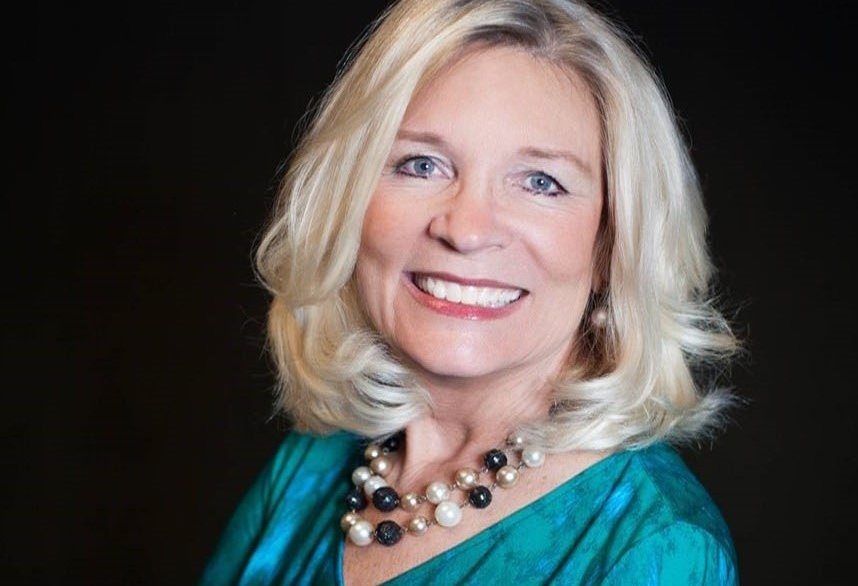
This October, our prevention coalitions have been hard at work recognizing Substance Abuse Prevention Month with a variety of events and activities throughout the region. We invite you to support them today and every day of the year in fulfilling this important mission. Read more about how you can support proper drug disposal efforts in your community!
October is also Domestic Violence Awareness Month and a perfect opportunity to bring to light the often-untold stories of domestic elder abuse. Many of us don’t think about our senior friends, neighbors and loved ones being at risk for domestic violence. Sadly, it is more prevalent than we know because only 1 in 14 cases of elder abuse ever gets reported. The COVID-19 pandemic has compounded this issue, as social isolation measures have prevented those who would have reported the abuse from seeing and interacting with seniors to begin with. This, in turn, reduces the opportunity for the signs and symptoms to be revealed. According to the National Council on Aging, elder abuse includes physical abuse, sexual abuse, emotional abuse, exploitation, neglect and abandonment. Abusers include children and other family members, spouses, and staff at nursing homes, assisted living and other senior facilities. Approximately 60% of elder abuse and neglect incidents are perpetrated by a family member. Two-thirds of perpetrators are adult children or spouses. The two factors that put seniors most at risk for elder abuse are social isolation and cognitive impairment, such as dementia. Recent studies show that approximately 50% of seniors with dementia experience abuse or neglect. Interpersonal violence occurs at a higher rate among adults with disabilities. Elders who have been abused have a 300% higher risk of death compared to those who have not been mistreated. Estimates of elder financial abuse and fraud costs range from $2.9 billion to $36.5 billion annually. Warning signs of elder abuse include bruises, pressure marks, broken bones, abrasions and burns caused by mistreatment and neglect. Emotional abuse often is reflected in the older adult withdrawing from normal activities, sudden change in alertness, depression, strained or tense relationships, and/or frequent arguments between the caregiver and the older adult. Financial abuse signs include sudden changes in financial situations, including bank accounts and wills. Bedsores, unattended medical needs, poor hygiene and unusual weight loss are signs of typical signs of neglect. Verbal and emotional abuse includes threats, belittling or other uses of power and control. Passive neglect is a caregiver’s failure to provide an older adult with life’s necessities including food, clothing, shelter or medical care. Willful deprivation denies the older adult medication, therapeutic device or other physical assistance. Confinement restrains or isolates an older adult, causing much harm. The aforementioned signs should be taken seriously. If an older adult is in immediate, life-threatening danger, call 911. If you suspect an older adult is being mistreated, call your local Adult Protective Services office, Long-Term Care Ombudsman, or police. More information is available from the Eldercare Locator by calling 1-800-677-1116. If you are an older adult, you can stay safe by:- Taking care of your health.
- Seeking professional help for drug, alcohol, and depression concerns and urging family members to get help for these problems.
- Attending support groups for spouses and learning about domestic violence services.
- Planning for your own future. With a power of attorney or a living will, you can address health care decisions now to avoid confusion and family problems later. Seek independent advice from someone you trust before signing any documents.
- Staying active in the community and connected with friends and family. This will decrease social isolation, which has been connected to elder abuse.
- Posting and opening your own mail.
- Not giving personal information over the phone.
- Using direct deposit for all checks.
- Having your own phone.
- Reviewing your will periodically.
- Knowing your rights. If you engage the services of a paid or family caregiver, you have the right to voice your preferences and concerns. If you live in a nursing home, call your Long-Term Care Ombudsman. The ombudsman is your advocate and has the power to intervene.

